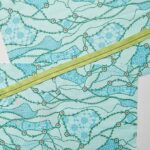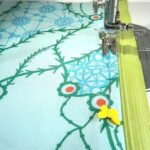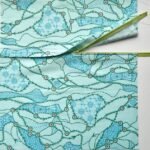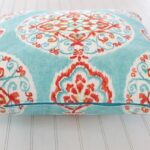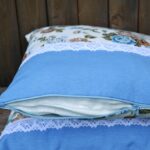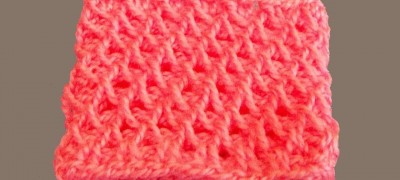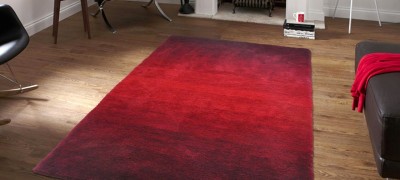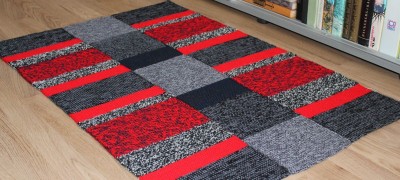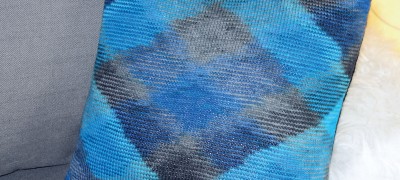How to sew a hidden zipper into a pillowcase
Pillows, pads, dummies, bolsters and other head rests have long become decorative items in the interior of an apartment. They serve as decoration for beds, sofas, and also fulfill their main function - to be a gasket between the solid surface of furniture and the body. Knowing how to sew a zipper into a pillowcase can significantly reduce the time it takes to replace dirty covers on soft liners with fresh covers.
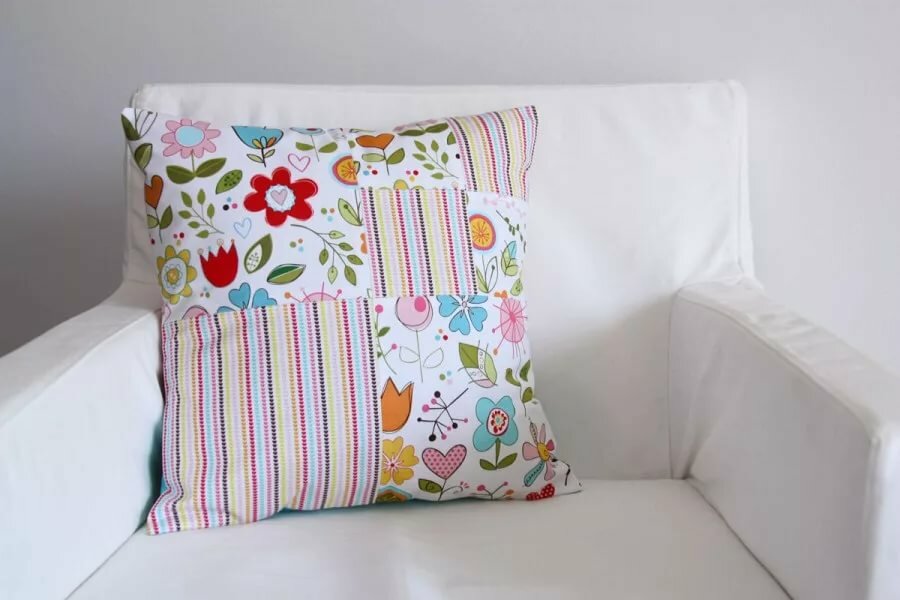
Step-by-step regulations for sewing in a zipper
The clasp should be inconspicuous so as not to spoil the appearance of the jewelry, not to injure the person touching the lock. Before you sew the invisible zipper into your pillowcase, you need to choose the right accessories for the job.
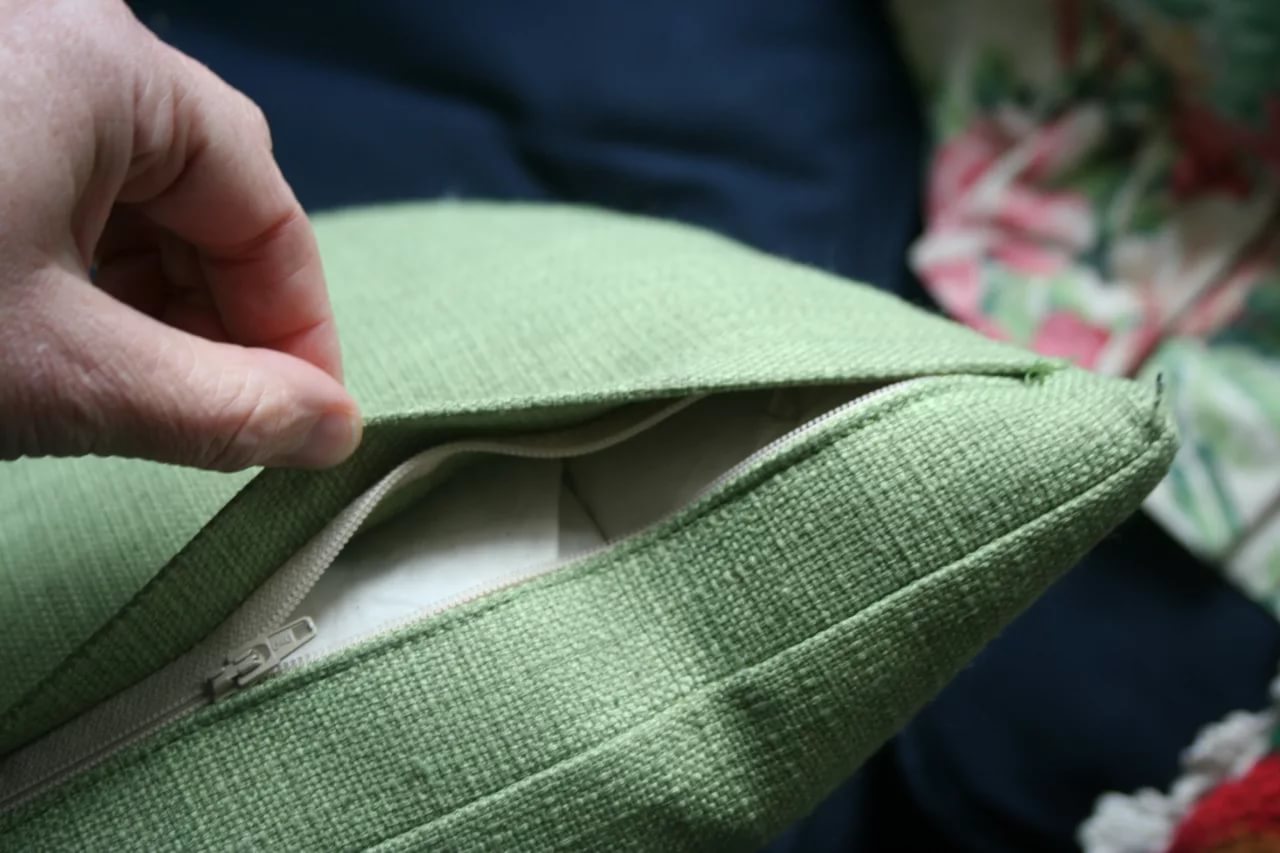
Further actions are performed in stages: make markings for the inset, arrange a connector, attach a zipper to it, tie it with a temporary seam to a pillowcase, sew it manually or on a sewing machine. The methods of fastening the lock on a cover or cushion are different.
Preparation of tools and materials
To prevent the pillow from losing its beautiful appearance, the color of the fastener should correspond to the color of the product, and the length should correspond to the size of its side minus 10 cm.
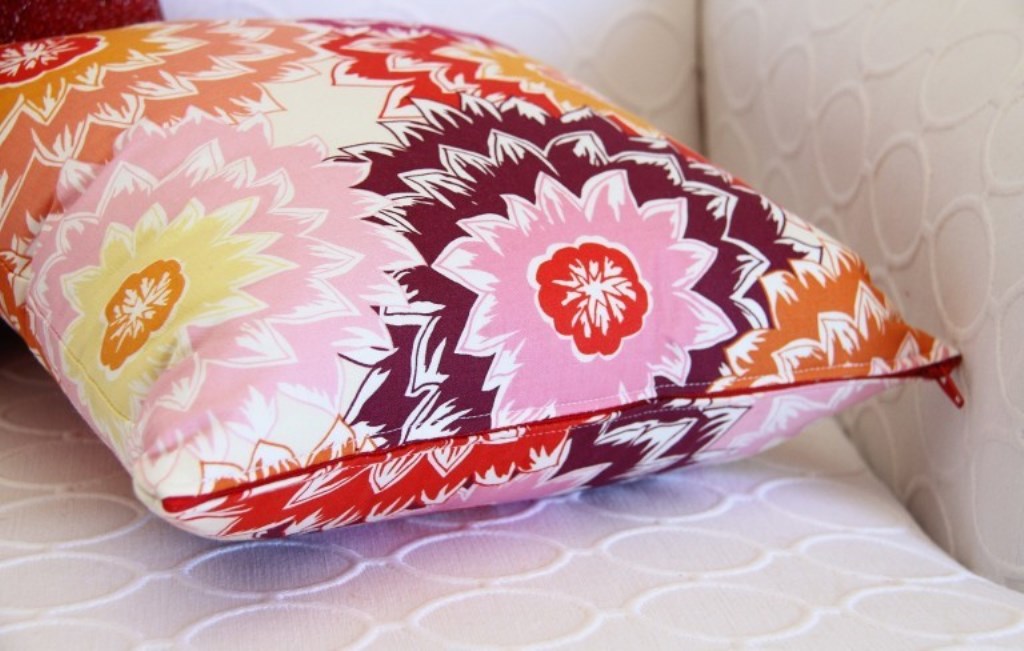
The zippered pillowcase can be sewn from new fabric. In this case, the fabric is added to the list of required accessories:
- needles, pins, scissors;
- threads of different colors;
- measuring tape, chalk, sewing machine.
Important! To prevent a pillowcase made of new fabric from shrinking after the first wash, it must be rinsed in soapy water at room temperature before cutting.
Securing the lock in the cut
When the pattern is ready, try on the fastener, mark the points where the seam will begin and end. The pre-fastening of the lock is made so that it does not move when it will be finally sewn. You can fasten the zipper with pins or sew on threads.
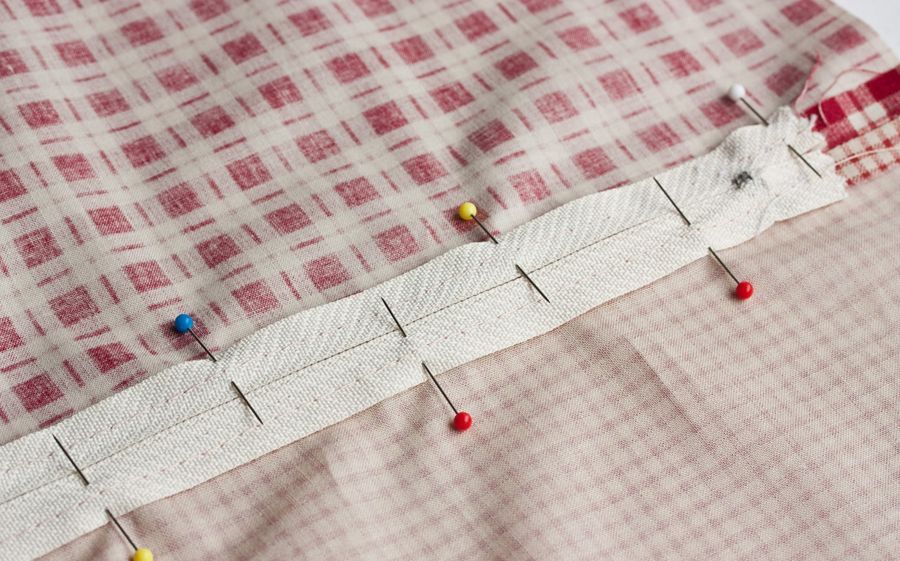
Fixation in a pillowcase
To sew a clasp into a pillowcase you have already used or bought from a store, you first need to assess whether it will fit over the pillow after the insert. After all, the lightning will take away from the fabric part of the usable area for the seam - 2-2.5 cm.
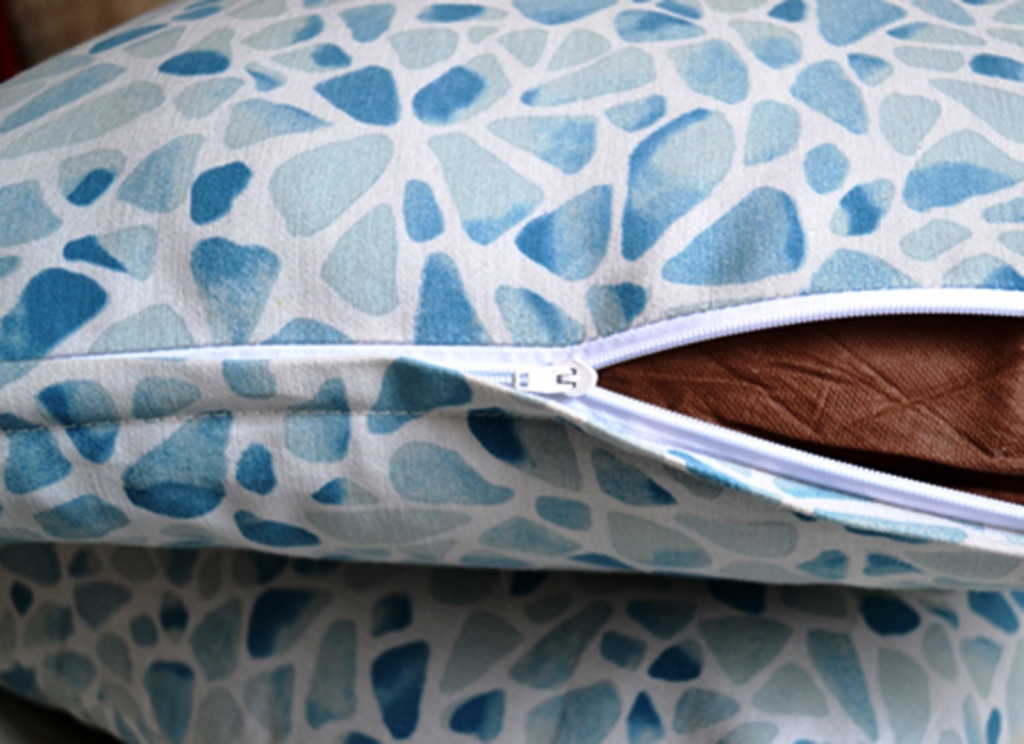
Procedure:
- Remove buttons or smell from the pillowcase, turn to the wrong side.
- Attach the fastener to the edges of the opening, grab to the fabric in one thread with wide stitches.
- If you have a machine, then sew thoroughly with it. You can sew fabrics, zippers and pillowcases with a 2-thread needle by hand.
- At the end of the work, turn the finished product onto the front side.
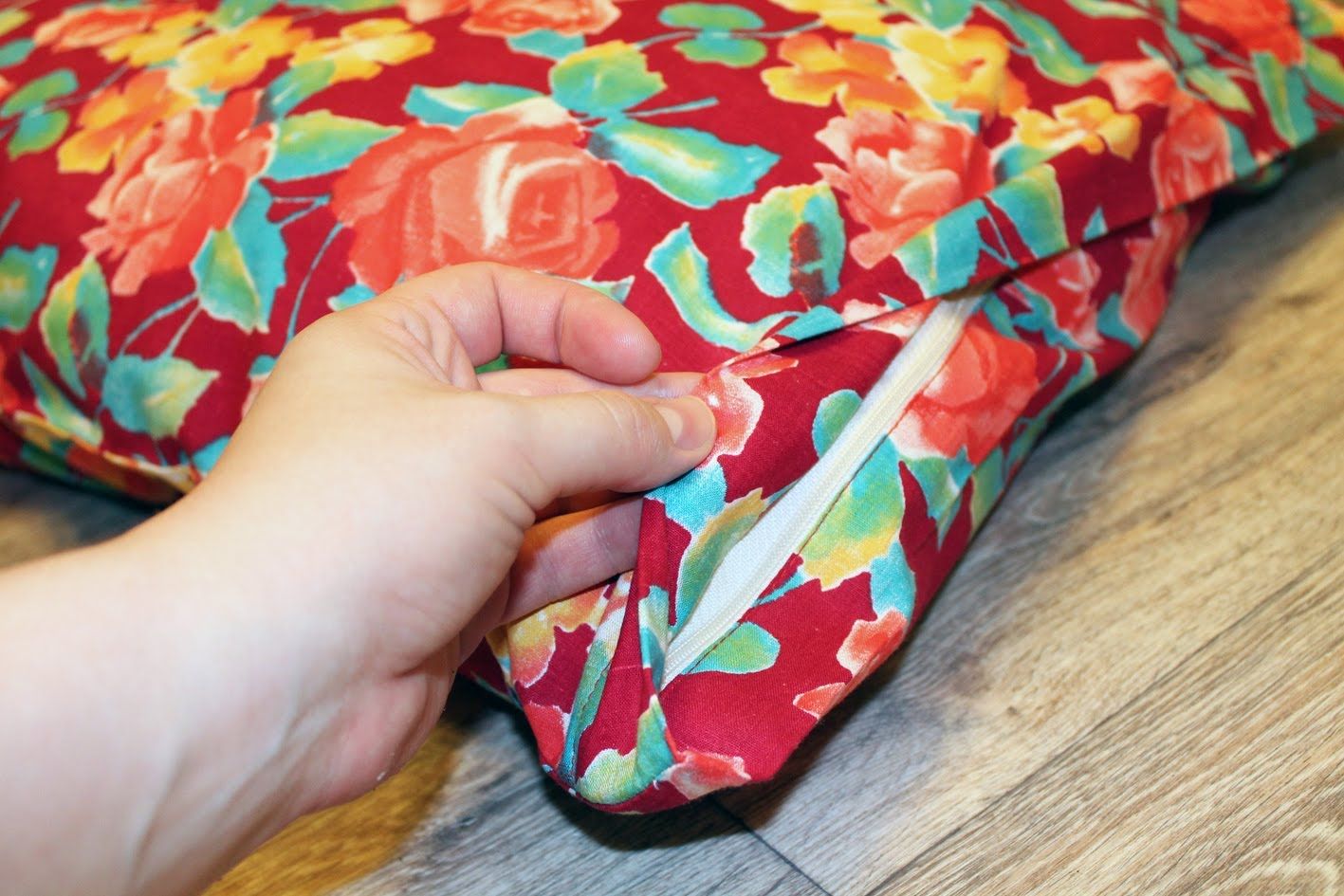
Reference. The fastener will last longer after reworking the seams with a zigzag stitch or overlock.
Sewing in a case
A cover is called a pillow that is put on a pillowcase so that a decorative pillow looks beautiful. Another application is to cover the pillowcase at once, excluding the pillowcase from the bedding set.
Structurally, the cover is no different: it closes with buttons, strings or a smell. Therefore, the fastener will be sewn to it in the same order as to the pillowcase.
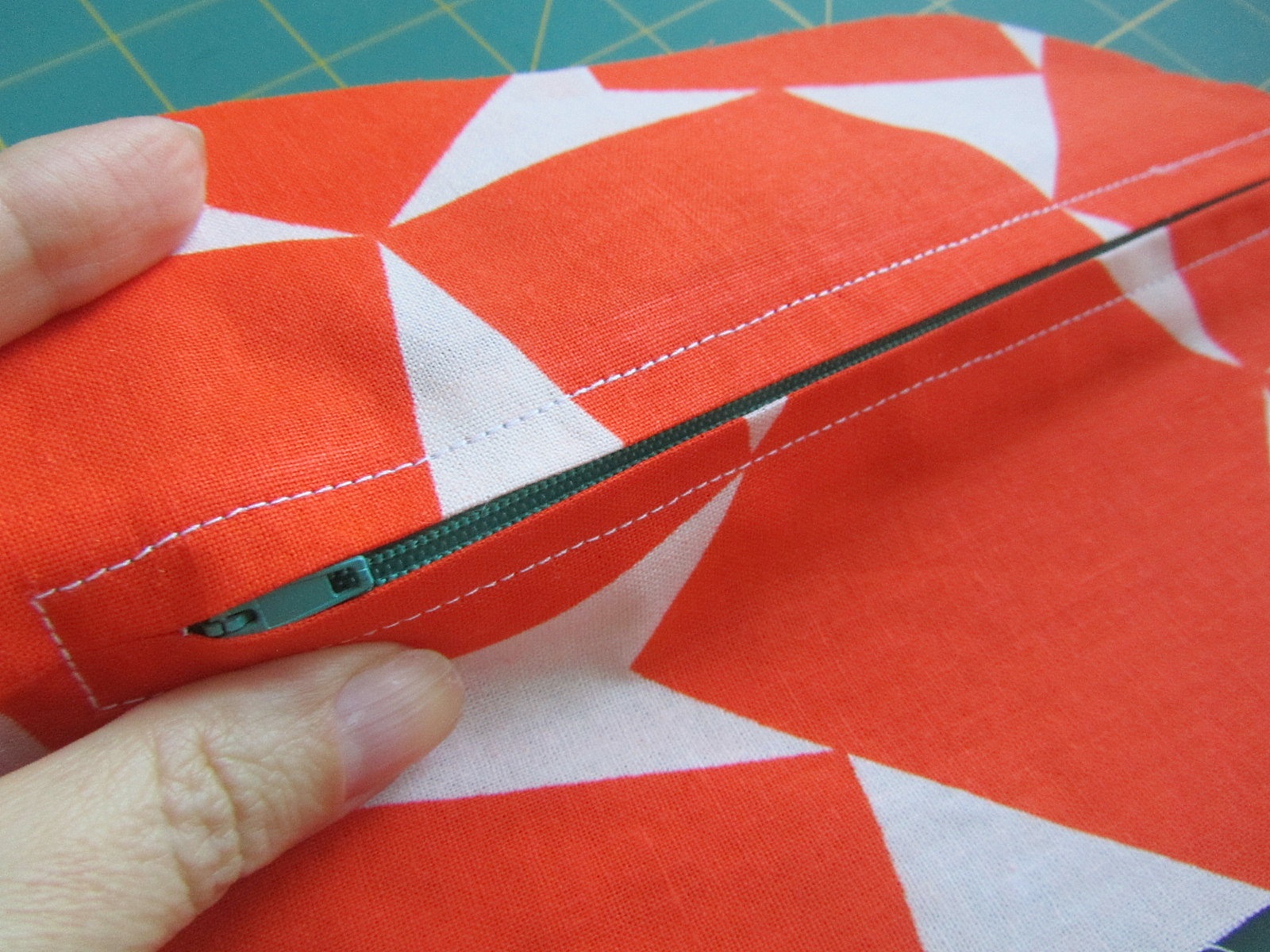
Attention! A new zipper is pre-rinsed under running hot water, dried, and the fabric edges are steamed. Without this procedure, it is not worthwhile to sew in the fastener: if "waves" go, then they will definitely not paint the pillow.
Sewing into a sofa cushion
If you know how to sew a regular pillowcase, it is not difficult to understand how to sew pillowcases on a sofa cushion with a zipper. The difference is that the shape of the head support on the sofa can be rectangular.
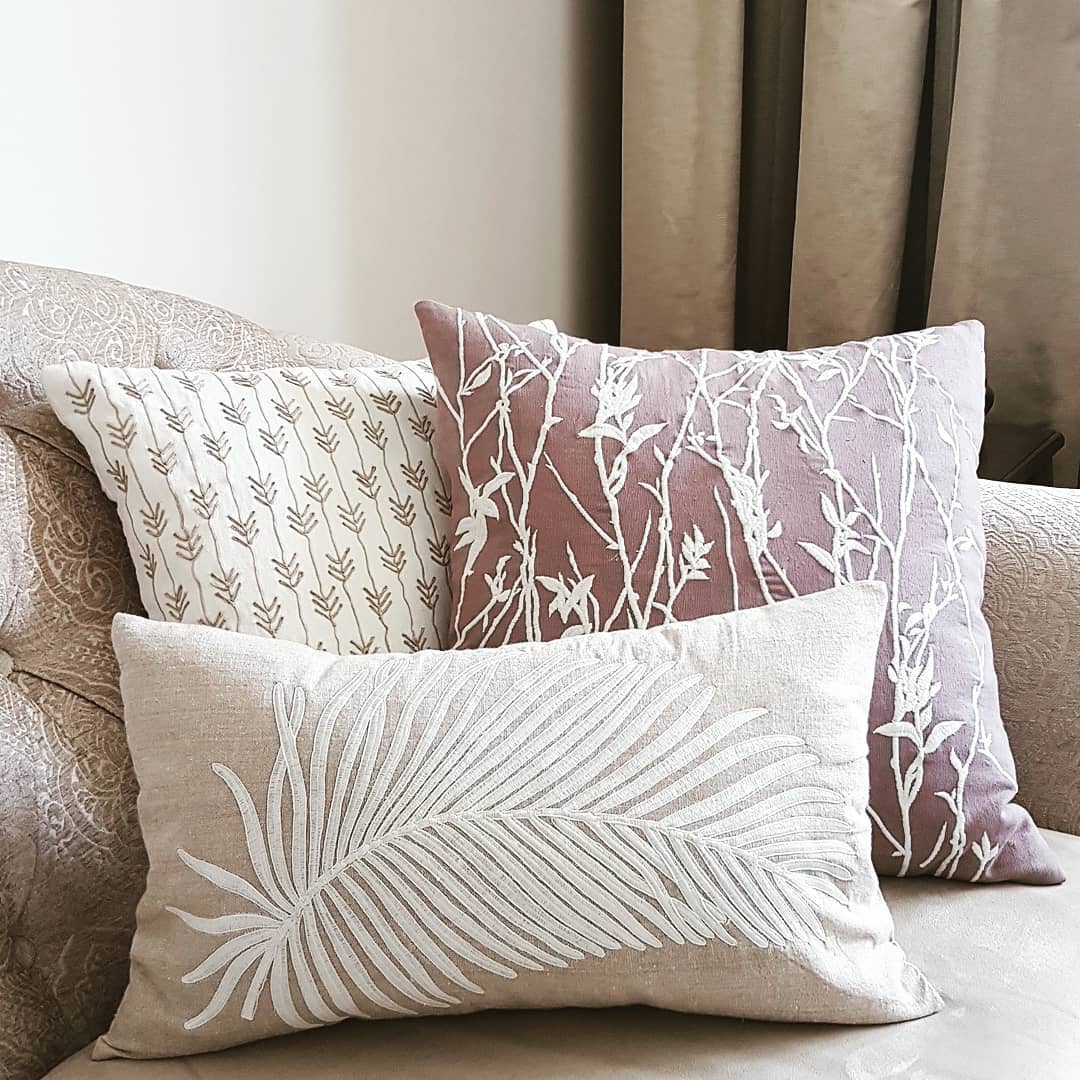
The difference lies in the quality of the fabric: if in the first case, cotton, linen material of light colors is used, then denser, durable materials are used for cushions. These are decorative upholstery fabrics: tapestry - patterned canvas, brocade - silk cloth with patterns, suede - soft leather.

Reminder. A cover for a sofa cushion is sewn in the same way as a pillowcase, and you can sew a fastener into a ready-made pillow.
Specifics of using a pillow with a fastener
The main feature is that the zipper on the pillowcase sometimes starts to lose its smoothness, it gets stuck. It is not recommended to pull the lock, pull the slider by force: the fastener will break.
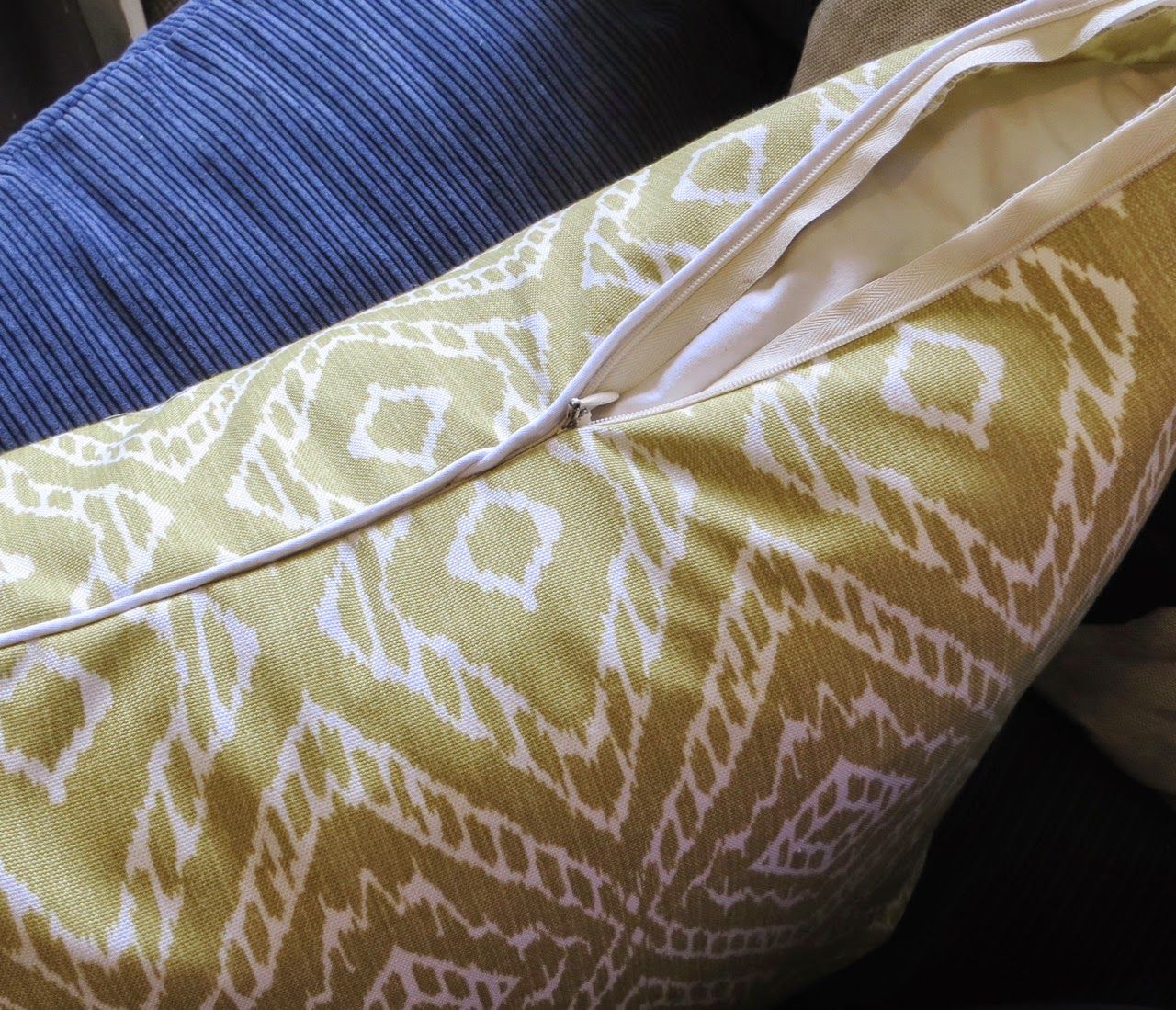
The problem can be solved by applying lubricant to the teeth. To do this, use:
- camphor, applying it with a brush;
- a pencil with a soft lead - slide over a closed zipper;
- dry remnant, candle wax, paraffin.
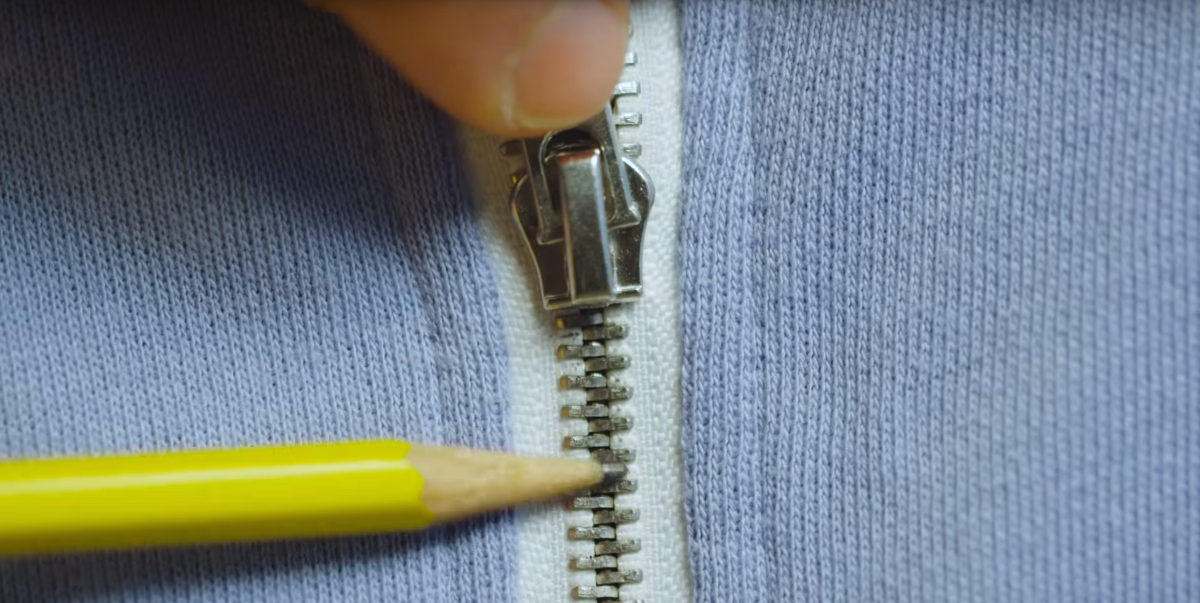
A warning. Detergent powder may accumulate between the teeth after repeated washes. As a preventive measure, you need to clean the inter-link spaces with a brush.
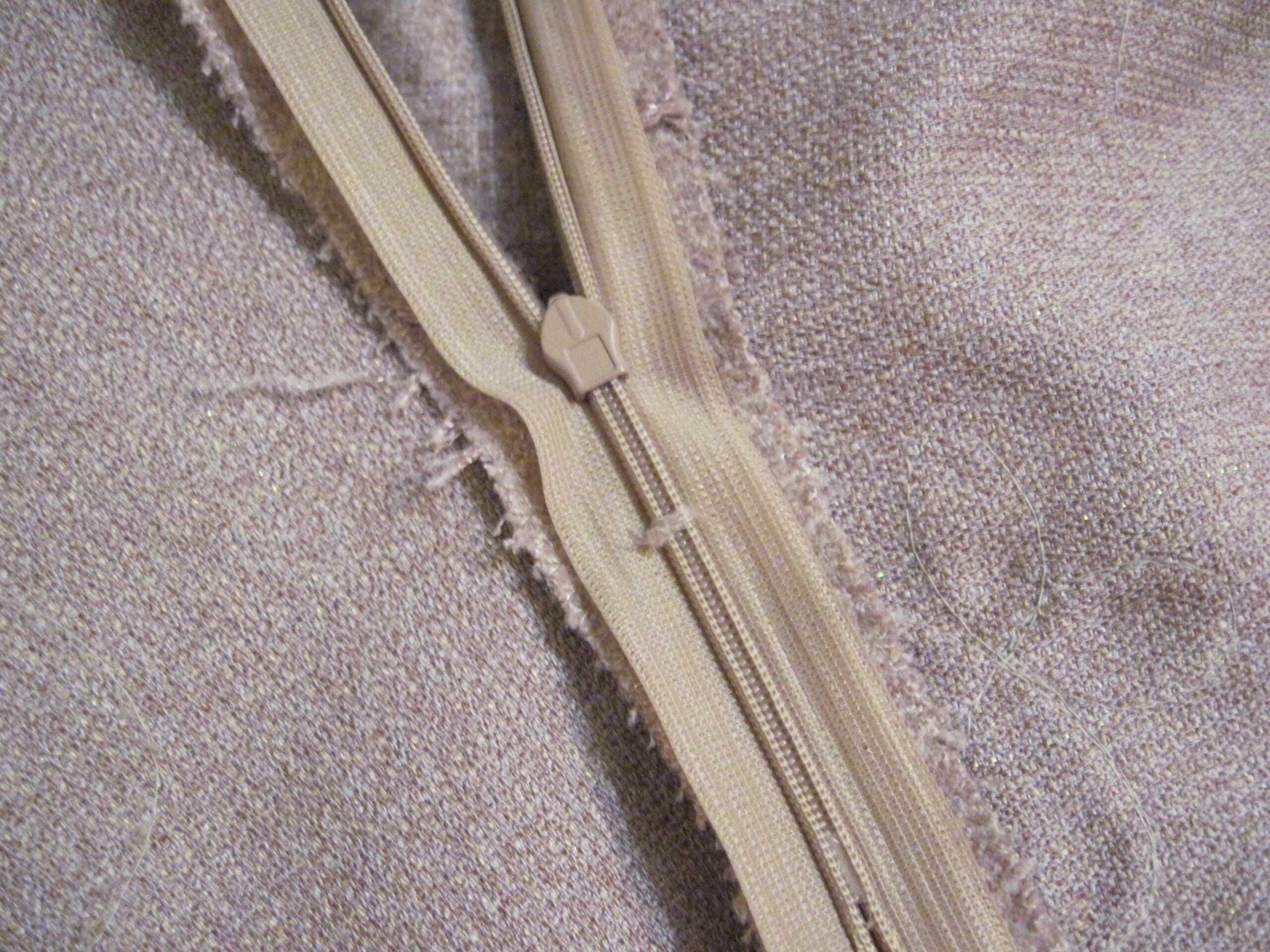
The zipper speeds up the process of changing clothes, and if it is concealed, then it will only improve the design of the pillow. To sew it into a pillowcase or cover, no special skills are required - work is within the power of every housewife. Preventive maintenance of the fastener will ensure its reliability for a long time.
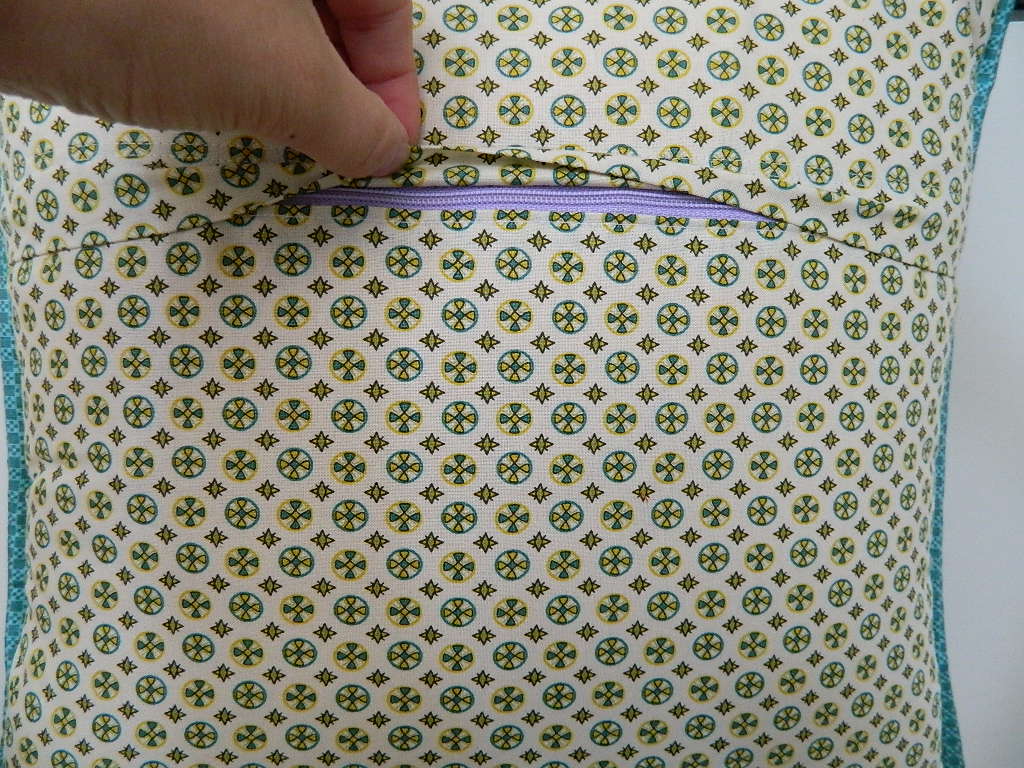
Video: how to sew a pillowcase with a zipper with your own hands
